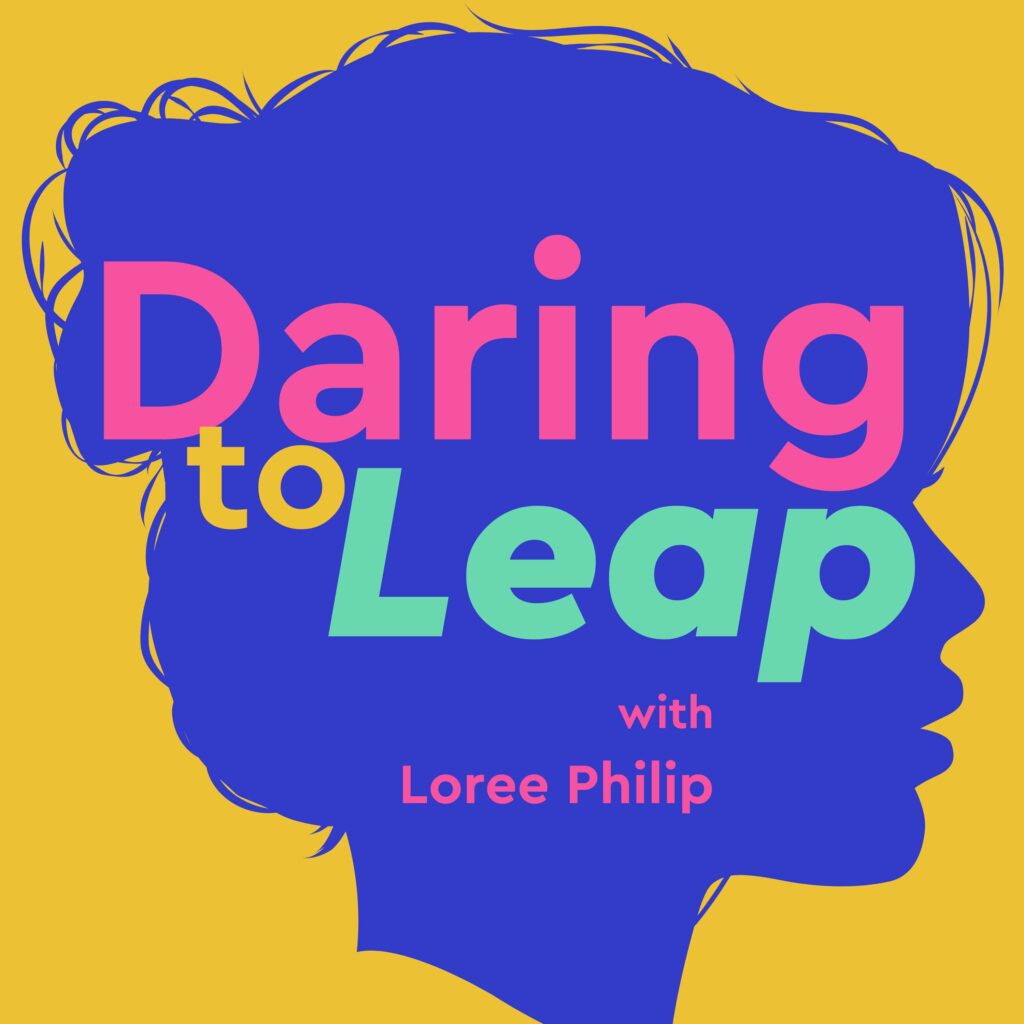Struggling to balance high achievement with self-care in the relentless pace of today’s world? Join us as former tech leader turned burnout coach, Hannah Tackett, unveils her simple yet transformational steps to prevent and recover from burnout, empowering you to reclaim your energy and authenticity.
In this captivating episode of Daring to Leap, host Loree Philip is joined by Hannah Tackett, who brings her profound experience from the tech world and her journey as a burnout coach. Together, they explore the essential role of self-care, setting boundaries, and embracing authenticity to foster sustainable success and well-being.
This conversation isn’t just about managing stress; it’s a deep dive into reshaping your approach to achievement by prioritizing rejuvenation and genuine living.
By tuning into this episode you’ll:
- Learn about the five success traps—people-pleasing, perfectionism, helping others excessively, overachieving, and fear of saying no—that pave the way to burnout and how to avoid them.
- Discover practical techniques to say “no” without actually using the word, helping you concentrate on activities that energize and fulfill you.
- Dive into the importance of creating ‘white space’ in your life to achieve clarity, efficiency, and invite new opportunities.
- Explore Hannah’s four crucial phases for overcoming burnout: authentic alignment, resourcing energy, finding your voice, and reassessing time and energy.
- Acquire actionable tips to cut your work hours by 20%, leading to increased productivity and overall happiness.
By the end of this episode, you’ll be equipped with the tools to protect your energy, focus on your true priorities, and build a life filled with purpose and joy. So why wait? Hit play and start your journey towards transformational self-care and sustainable success today!
Connect with Hannah:
https://www.linkedin.com/in/serene-success/
Cut your working hours by 20% – cheatsheet at serenesuccess.net/pod
Connect with Loree:
Instagram – @loreephilip
LinkedIn – @loree-philip
